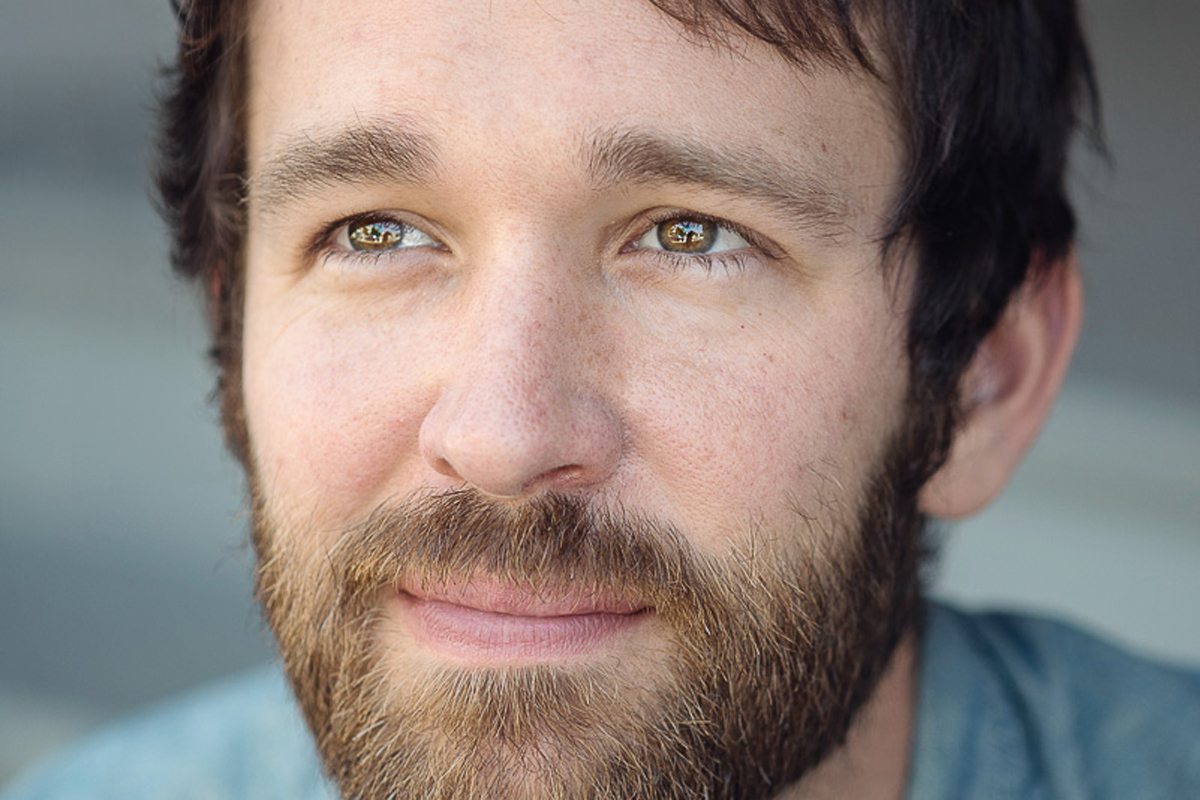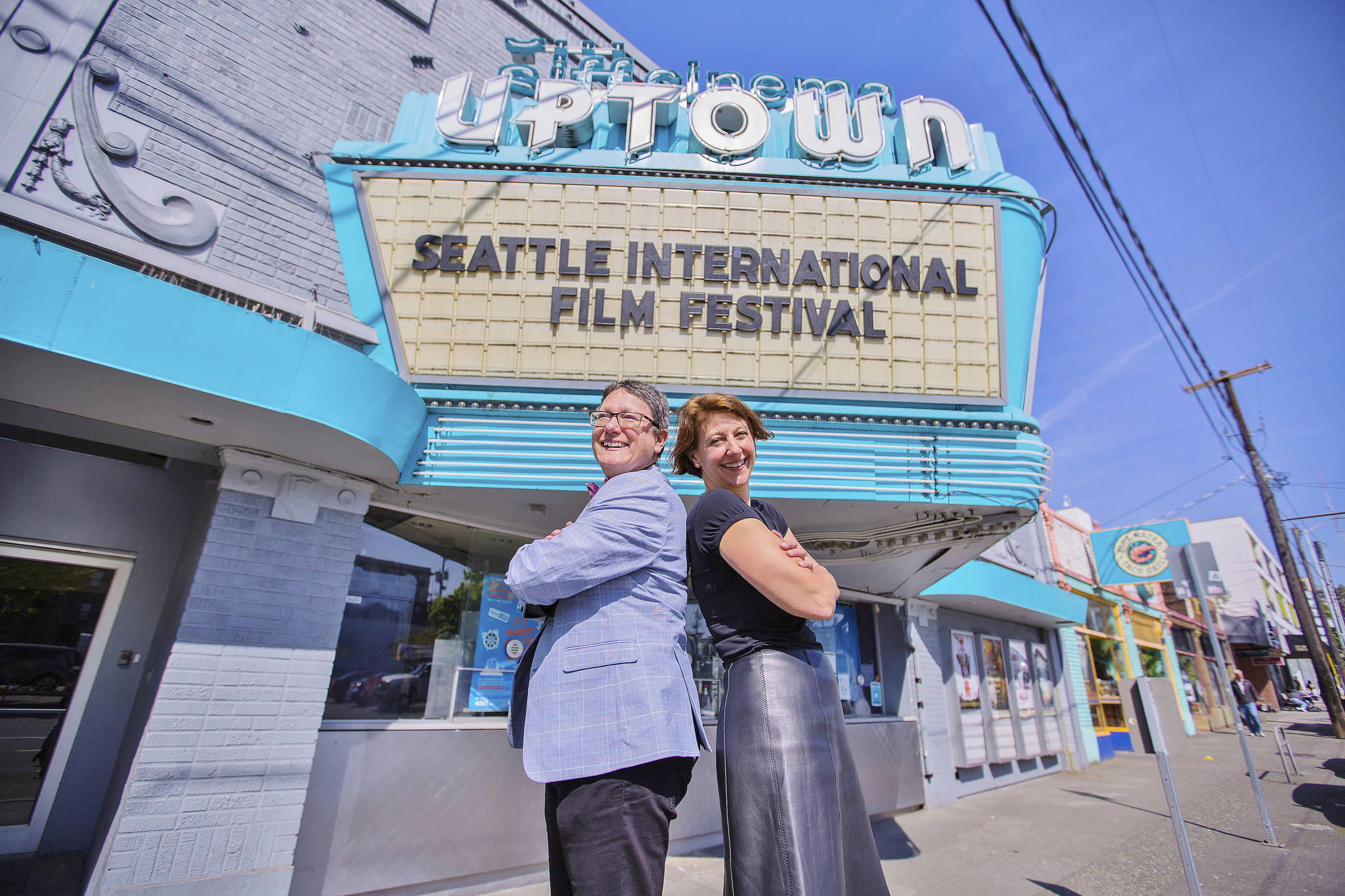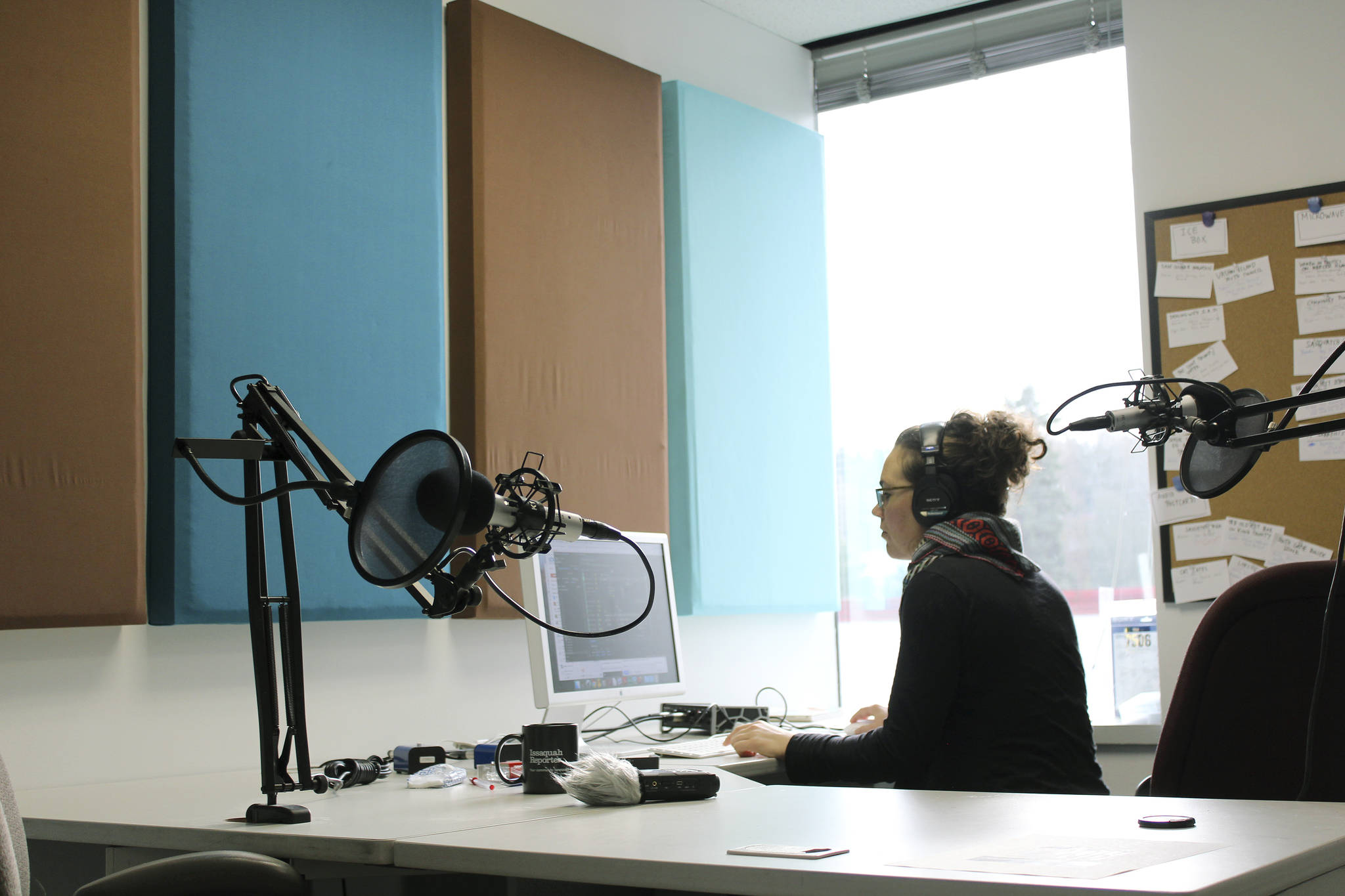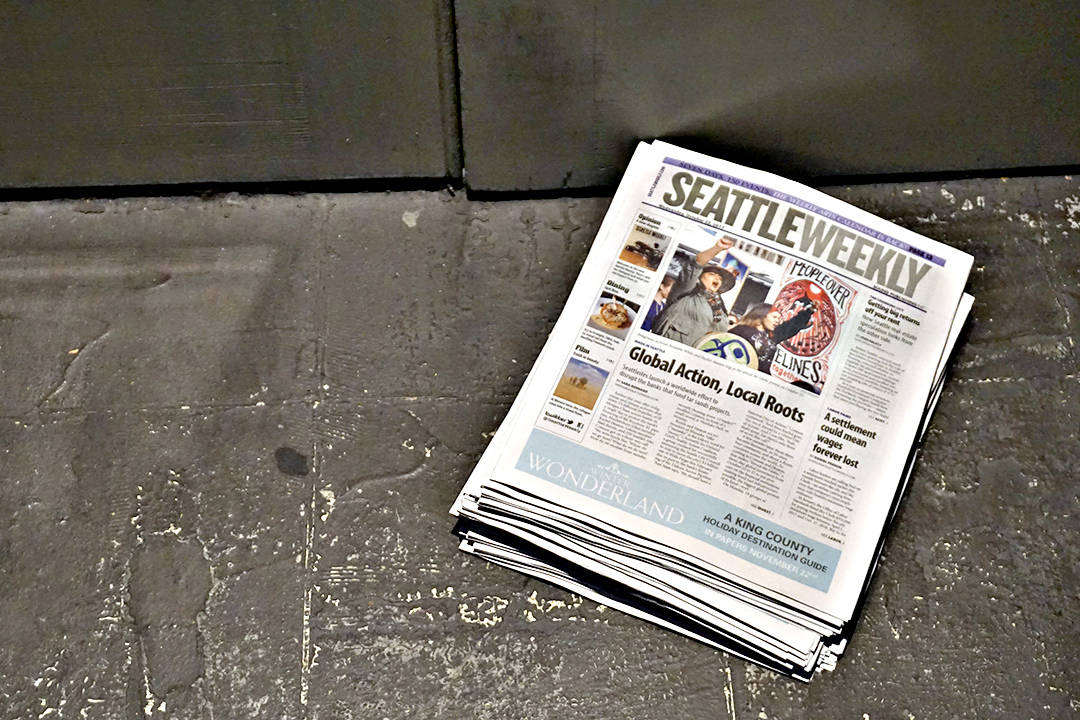When Isaac Marion finished his 2010 novel Warm Bodies, his zombie hero, R, had just opened up a new chapter in his life. The author, though, was ready to move on.
Then a funny thing happened. Warm Bodies got huge, a well-received 2013 film adaptation starring Nicholas Holt pushing the novel onto the New York Times bestseller list. Considering that Marion was discovered by the agent responsible for the Twilight series, and that the author of that gargantuan series blessed Marion’s book with a cover blurb, his zombie story seemed destined for the trilogy treatment. Marion resisted at first, but eventually gave in.
“I just stopped caring about my status in the writing world,” says the young, tall, bearded, and tattooed Seattle author while sitting at a Pioneer Square coffee shop. “I realized that it wasn’t going to happen anyway; I’m not going to be the hip literary Brooklyn author. I just decided to do what I want to do, whatever is compelling to me.” What was compelling was to pick up the story of R, who at the end of the first novel is (spoiler alert) liberated from death. And so this week, six years later, a sequel, under the title The Burning World, arrives in bookstores and the manuscript for a third is on his editor’s desk.
But where Warm Bodies was concerned with the internal life of its zombie hero—a stand-in for the author himself—The Burning World is aimed at much more ambitious subject matter: the resurrection and transformation of human society. In the novel—twice as long as Warm Bodies and lacking in much of the romance and humor that made that a relatively lighthearted read—R and his community are faced with the burnt-out husk of a failed society. There are remnants of what readers might see as a realistic and dark future, Marion even writing in the existence of walls at the United States’ northern and southern borders, making this likely the first novel to feature Trump’s proposed border wall (though that was not by design, the author says). “I kind of had to take on ideas that were beyond my ability to solve: big world issues and human nature,” Marion says. “I don’t know if I can find a way to complete this arc without solving the human condition itself.”
It was a difficult process, the author says. Marion moved to Portland at one point, thinking it would help unlock some answers. He talked to friends and family and went for long walks and long drives—at one point traversing the West in an RV for weeks just to contemplate R’s journey. He even brought his characters with him to the therapist. “The number-one problem on my mind was, ‘How do I solve this character’s dilemma?’ ” he recalls. “So I asked if I could tell them about my characters and get some feedback. They were surprisingly game.”
Whether readers or movie studios will be game is yet to be seen. “I’ve been worried about whether the audience can go there with me,” Marion says. “And they may not, but I decided to go for it.” isaacmarion.com








